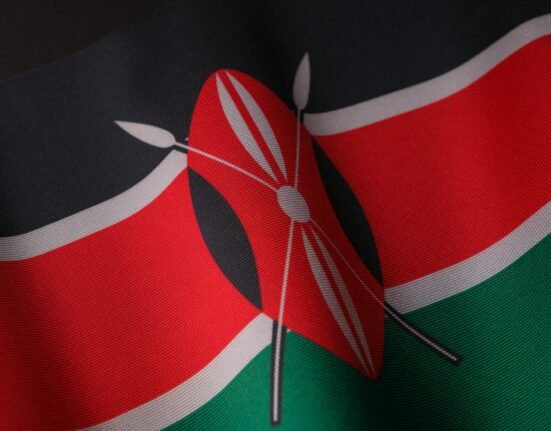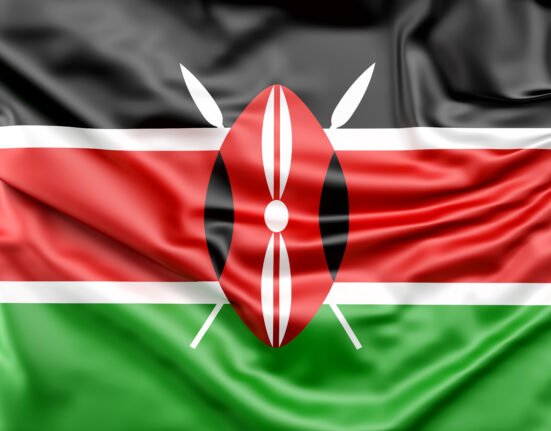Africa’s iGaming Boom Hinges on Clear Regulations
The African iGaming market is poised for explosive growth, driven by increasing smartphone adoption, a young and tech-savvy population, and expanding digital payment solutions. However, industry expert Vincenzo Rocco warns that inconsistent regulations remain the biggest barrier to sustainable growth. Without stable and transparent policies, Africa risks losing out on billions in potential revenue and foreign investment.
The Fragmented State of iGaming Regulation in Africa
Currently, Africa’s regulatory landscape is a patchwork of conflicting policies:
- South Africa has a licensing system but struggles with grey-market competition.
- Kenya’s 20% turnover tax has pushed operators toward unregulated spaces.
- North African nations maintain strict prohibitions, forcing players to offshore platforms.
- Emerging markets like Nigeria, Ghana, and Tanzania are making progress but face enforcement challenges.
This lack of uniformity creates uncertainty, discouraging serious operators from entering the market while fueling illegal gambling activity.
What African Regulators Must Do to Foster Growth
Rocco emphasizes that Africa needs balanced, forward-thinking policies to maximize its iGaming potential. Key steps include:
✔ Clear Licensing Systems – Well-defined rules for legal operation.
✔ Reasonable Taxation – Excessive taxes drive businesses underground.
✔ Strong Consumer Protections – Ensuring fair play and responsible gambling.
✔ Regional Harmonization – Cross-border cooperation to streamline regulations.
The Economic Benefits of a Well-Regulated Market
A stable regulatory framework could transform Africa’s gaming industry by:
- Attracting major international operators seeking new growth markets.
- Boosting government revenues through structured taxation.
- Creating jobs in tech, compliance, and digital entertainment.
- Protecting players with safer, regulated gambling options.
The Path Forward: Learning from Global Best Practices
Africa doesn’t need to start from scratch—successful models already exist in Europe, Malta, and the UK, where balanced regulation has fueled industry growth while protecting consumers. By adapting these frameworks to local needs, African nations can position themselves as the next big iGaming hub.
Conclusion: The Time for Regulatory Reform Is Now
The opportunity is clear—Africa’s iGaming market could become a global powerhouse, but only if governments prioritize stable, transparent, and enforceable regulations. With the right policies in place, the continent can unlock billions in revenue, foster innovation, and provide a safer gaming environment for millions of players. The question isn’t if Africa will become a dominant force in iGaming, but which countries will lead the way.























